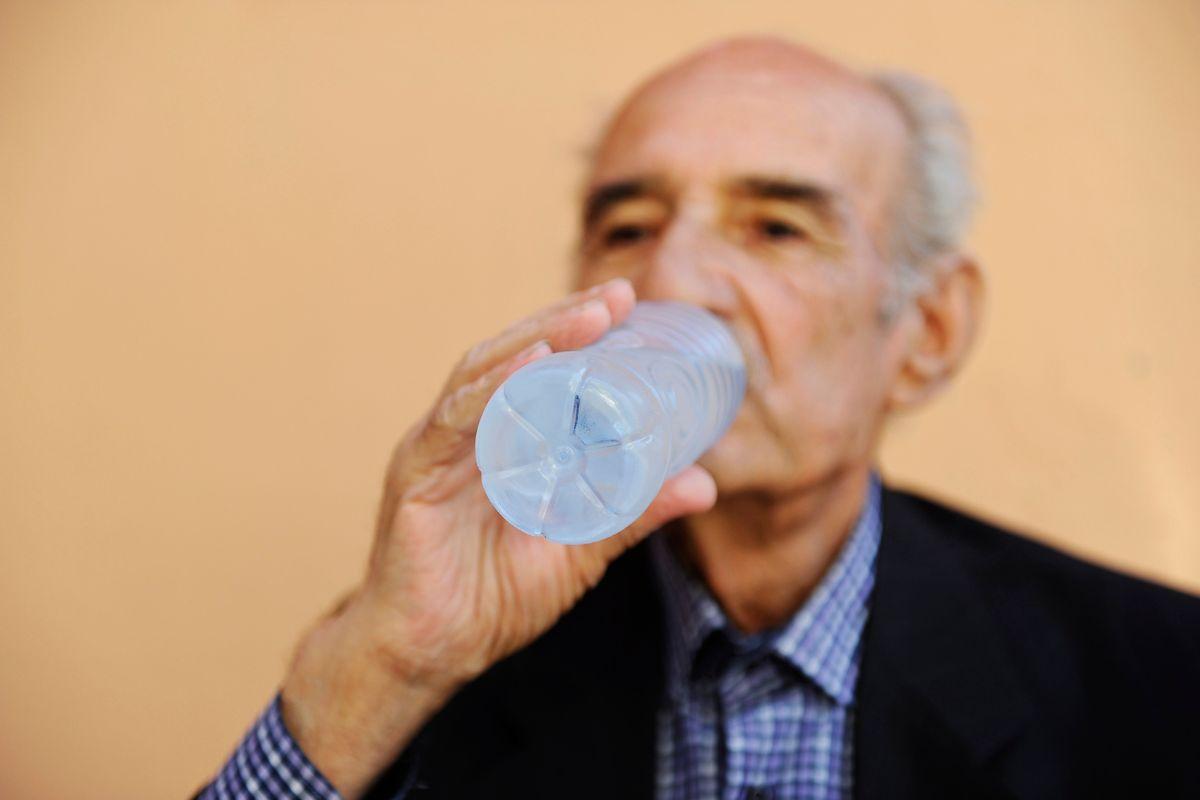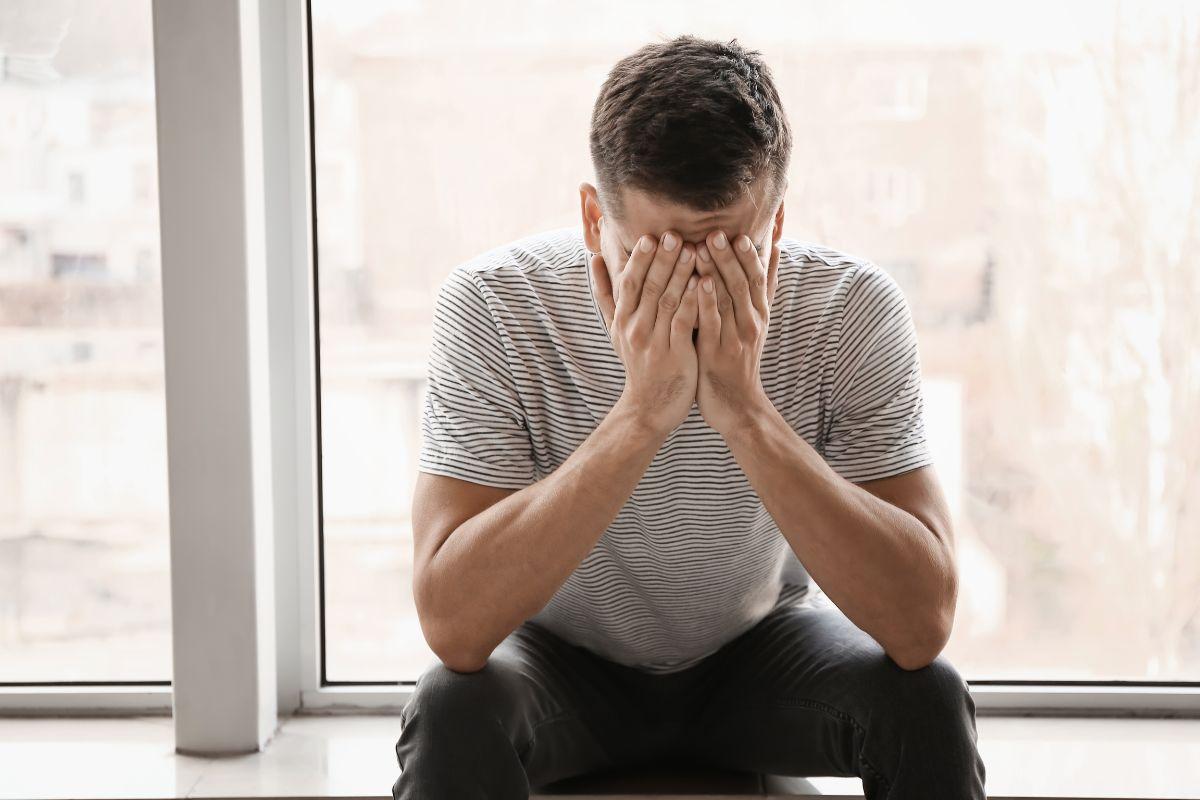Dehydration is a serious health risk for older adults since dehydration can have profound and wide-ranging effects on the human body, impacting multiple organ systems and physiological processes. As one grows older, age-related changes appear and tend to affect fluid balance, for example decrement of the sense of thirst, changes in kidney function and body composition, among others. When the body is not sufficiently hydrated, it struggles to control its temperature, especially in hot surroundings or during intense activity.
This can result in a series of heat-related disorders, beginning with heat cramps, progressing to heat exhaustion, and perhaps culminating in heatstroke, a life-threatening emergency that necessitates immediate medical intervention. General Practitioners (GPs) play a key role in prevention and management. In Doctify we help patients connect to trusted GPs.
Why Older Adults Are More Susceptible to Dehydration
Older adults are more susceptible to dehydration due to various causes. Reduced sensation of thirst with age, making it easier to become dehydrated without realising it. Medication side effects that increase fluid loss and contribute to dehydration (e.g., diuretics, laxatives, chemotherapy drugs, and some diabetes medications). Age-related changes in kidney function and body composition also affect how their bodies manage fluids. Chronic illnesses that affect hydration (e.g., diabetes, heart disease, kidney disease, gastrointestinal disorders, autoimmune conditions, and certain cancers).
Common Signs and Symptoms of Dehydration in the Elderly
The early signs include: thirst, dry mouth, fatigue, dizziness, headaches, and decreased urination. Followed by, the severe signs which are: rapid heartbeat, fast respiration, low blood pressure, confusion, and irritation. Finally, the extreme signs such as: fainting, as result from a drop in blood pressure.
Health Risks of Dehydration in Older Adults
Multiples can be the health risks of dehydration in older adults, but the most common are the mentioned below. Rising risk of falls and fractures due to dizziness, caused by a drop in the blood pressure. Increased recurrency of urinary tract infections because less fluid intake results in less frequent voiding, which allows bacteria to remain in the urinary tract longer. Dry and less elastic skin, chronic dehydration affects the skin and over time, this can lead to an increased risk of skin problems. Acute kidney injury may appear related to dehydration and potential hospitalisation due to severe dehydration or kidney injury. Lastly, the body starts to deteriorate and worsens the existing chronic illnesses.
Older adults need to be especially careful about staying hydrated because their sense of thirst tends to decrease with age, making it easier to become dehydrated without realising it.
Dr. Nadira Awal, Doctify-rated General Practitioner
Practical Prevention Strategies
Here are some practical prevention strategies that can help the older adults and everyone during the heat waves. Hydration Routine: Implementing reminders or routines to ensure older adults drink enough fluids regularly. For example, creating a water diary has helped many people keep track of the cups of water they drink each day.
- Electrolyte Solutions: Use Oral Rehydration Solutions (ORS) for older patients experiencing dehydration from heat waves, diarrhea, or vomiting when there are persistent early signs of dehydration.
- Dietary Choices: Incorporating water-rich foods into the diet like fruits, vegetables, and soups.
- Environmental Adjustments: During heat waves wear lightweight clothing, avoid outdoor activities during peak heat, use fans or air conditioning, and close blinds and curtains to block direct sunlight from entering the home.
Also, drinking other beverages different from water can help, such as:
- milk (dairy and plant-based)
- unsweetened black coffee
- various teas (green, herbal, black)
- sparkling water
- coconut water
Monitoring and Support
GPs monitor older adults’ hydration through a combination of physical assessment, such as checking skin turgor, mucous membranes, vital signs, monitoring fluid intake, and considering symptoms like confusion, fatigue, and dizziness. GPs may also use laboratory tests such as urine analysis, serum osmolality, and blood tests to assess electrolyte imbalances and kidney function. Family and caregiver play also an important role in encouraging fluid intake, including making fluids easily accessible, offering appealing beverage choices, and incorporating water-rich foods into meals and snacks. They should also monitor for signs of dehydration, maintain a comfortable environment, and offer assistance for wherever it’s needed.
When to See a GP
Seek professional medical advice if the older adult shows severe symptoms like confusion, drowsiness, irritation, rapid heart rate, fast respiration, confusion, or fainting. As well, if your symptoms persist despite the increment in the fluid intake and/or electrolyte solutions, see a GP.
Conclusion
Proactive hydration for older adults it’s fundamental due to all the age-related changes that appear and tend to affect fluid balance. Drinking small amounts of water regularly throughout the day, even without feeling thirsty makes a big change. Don’t wait until severe or extreme signs appear in the older adults to start dehydrating. Severe dehydration can give you a hard time, while prevention saves lives!
Find the right specialist for you. Doctify uses verified reviews so you can make the best decision for your healthcare.

Feel free to consult a GP through Doctify for personalised advice and monitoring whenever you want, we will be happy to help you! Experienced GPs can assess and create a tailored hydration plan. Below you can find the best GPs in the United Kingdom at Doctify:
Medically Reviewed
Last reviewed on 26/08/2025




